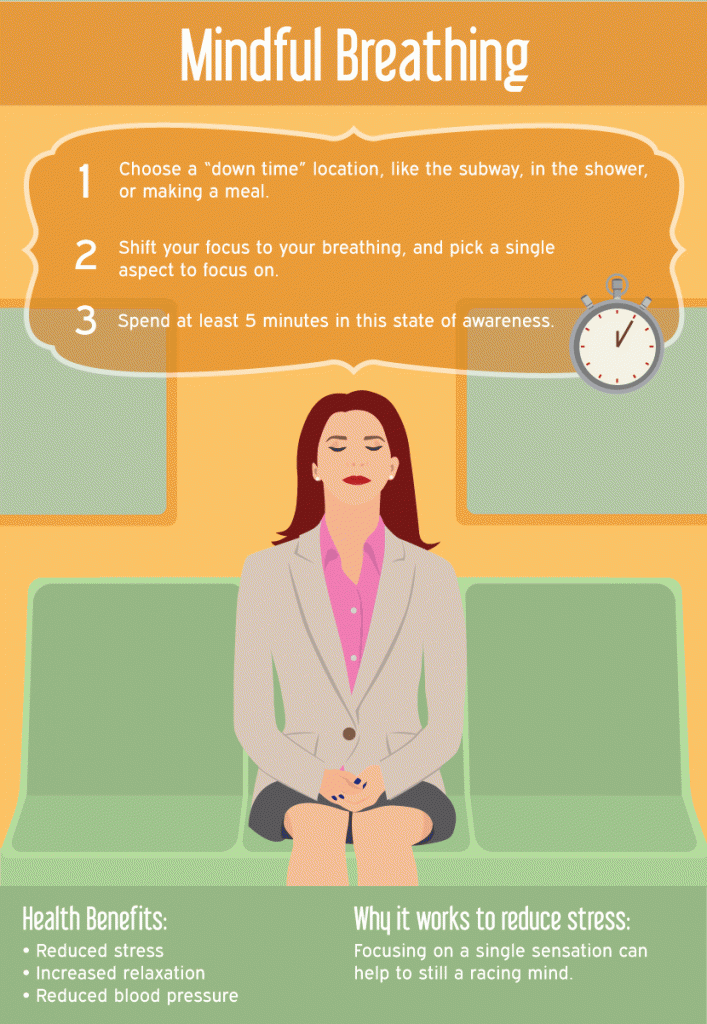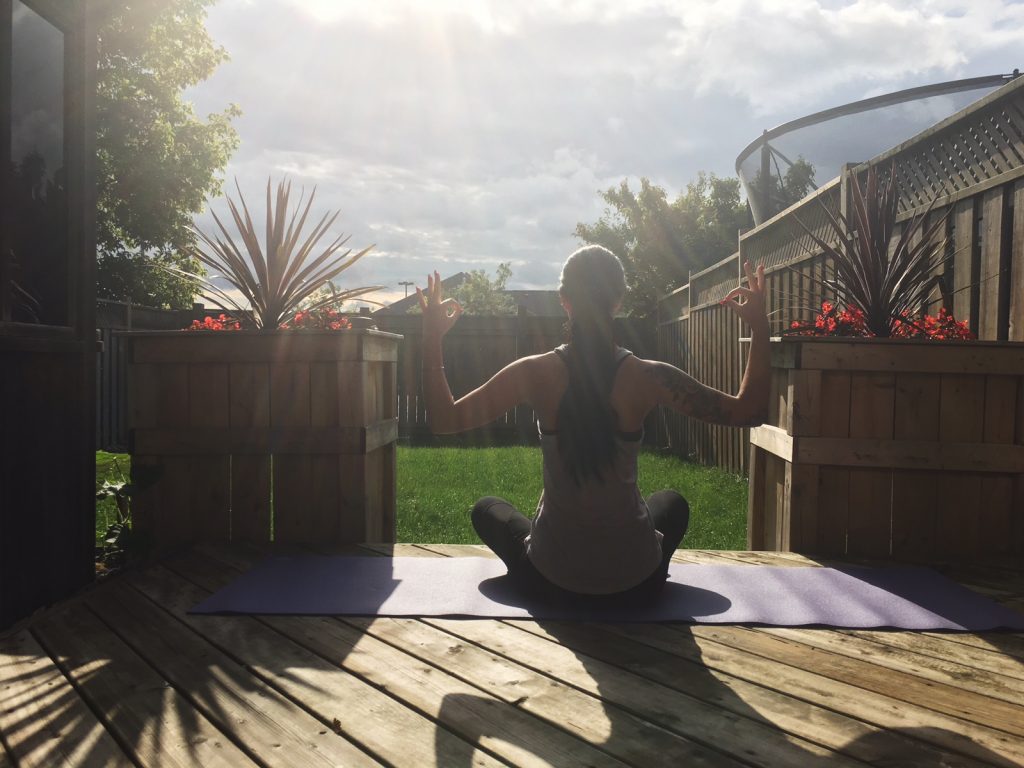BY EMILY SKILLING
School, work, study, repeat.
This is the daily cycle that most students experience from September to April. With so much to balance, students often forget to take the time for self-care. To keep a healthy body and mind, it’s important that students include methods of relaxing and rejuvenating to relieve stress.

During the school year, students are focused on their education and less on themselves. But spending time relaxing actually creates benefits for their education. Milton chiropractor, registered massage therapist, and educator at MiltonBackDoc, Dr. Erika Kuehnel says that relaxation is a learning quality of life balance.
“Rest and relaxation improves focus and concentration, improves sleep and allows for the opportunity for creative thought and innovation,” Kuehnel explains.
As an RMT, Kuehnel works to eliminate stress and tension from patients. “Massage helps to reduce stress and promote relaxation through stimulation of the parasympathetic nervous system; reducing cortisol production, temporarily,” Kuehnel says.
One drawback is the lack of time that most students have for relaxation and rejuvenation time. But, some ways to relax are basic and actually a part of everyday life.
“Some methods for students include exercise, diaphragmatic breathing, meditation, adequate sleep and nutrition, massage, journaling, hobbies and creating downtime,” Kuehnel adds.
Yoga and meditation are forms of exercise methods that help you relieve stress. Yoga instructor and student in Nipissing’s Concurrent Education program, Nicole Harwood, says that yoga and meditation create a safe space for breathing and thought process. “By simply breathing, the lungs are taking in more oxygen and are able to send that oxygen to the heart, muscles, and most importantly, the brain. This increase of oxygen allows individuals to concentrate their attention on the task ahead,” Harwood says.

As a student, she understands the stressful demands of school. “Being able to take time for yourself is extremely important, no matter what form it takes— yoga or meditation, even cleaning your room, or taking a hot shower and doing a face mask. Allowing time to unwind and release stress allows the brain to recharge and prepare for the next day ahead,” Harwood adds.
But, yoga and mediation are not just for students, they are a great coping mechanism at any age that helps to manage a restless or stressed headspace.
Focusing on relaxing your mind is beneficial to your learning process and mental mindset. Colour therapist and retired nurse Katharine Bork says all students need to be living with a balance while listening to their bodies.
“The human body has a wonderful way of communicating with us when we are out of balance by giving us physical symptoms, and if we pay attention we can rebalance without adding stress to our bodies. Rest and relaxation is a way to tap into what you require. When you quiet your mind you get answers to what you need as an individual. This is unique to you,” Bork adds.
Feeling overwhelmed as a student with no living balance damages your mental, physical and emotional state.
“When you operate from a constant state of stress it stresses our mind and bodies. This can make us prone to illnesses. Using stress relief techniques helps to realign the body back into balance, and allows you to respond from a place of calm, making decisions and choices that would best serve you as an individual,” Bork explains.
